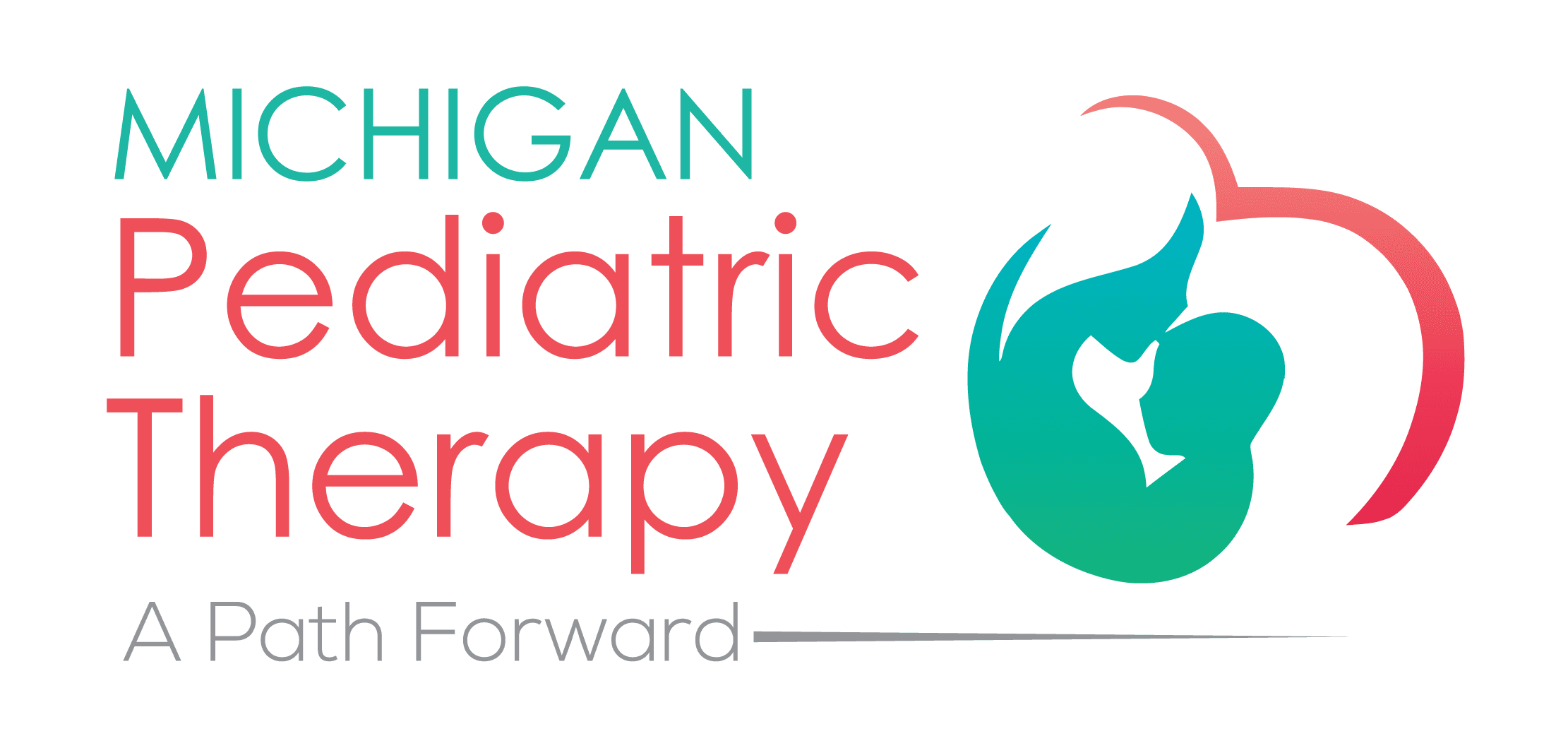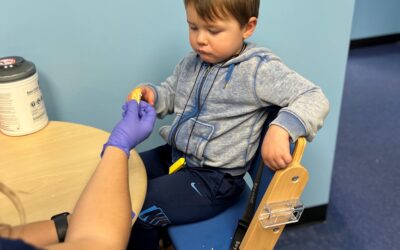Oral-Motor Therapy

Strengthening Oral-Motor Skills For Breastfeeding and Feeding
At our center, we understand that the intricate mechanics of oral-motor function are paramount in a child’s development. Our dedicated team of therapists specializes in assessing and addressing a spectrum of oral-motor issues with precision, compassion, and expertise. How do we evaluate your baby for oral-motor issues that impact breastfeeding?
Our jorney begins with…
a meticulous assessment, delving deep into the intricacies of oral-motor function. We evaluate for weaknesses, tone irregularities, and asymmetries that can significantly impact the feeding process. Understanding how your child manipulates food in their mouth and swallows is key to tailoring our approach effectively.

Holistic Approach, Lasting Results
Incorporating evidence-based practices and a deep understanding of pediatric oral-motor dynamics, our therapists craft customized interventions that yield lasting results. We don’t just address challenges; we empower your child, instilling skills and confidence that extend far beyond the therapy room.
Through personalized, targeted interventions, we implement a variety of tactics to strengthen weak areas and ensure symmetrical movement.
Oral Motor Assessment
Thoroughly assess the child’s oral motor skills, including muscle tone, strength, coordination, and range of motion. What happens when the muscles in a child’s mouth aren’t working correctly?
Oral Exercises
Develop and implement targeted oral exercises to strengthen and improve the coordination of oral muscles involved in chewing, swallowing, and speech.
Tongue Exercises
Focus on tongue exercises to enhance tongue mobility and control, which is essential for proper articulation and swallowing.
Lip and Cheek Exercises
Implement exercises to improve lip and cheek strength, aiding in effective sealing, lip closure, and overall oral function.
Jaw Exercises
Incorporate exercises to promote jaw stability and mobility, crucial for proper chewing and speech production.
Oral Tactile Stimulation
Utilize various textures and tactile stimuli to desensitize the mouth and increase tolerance for different food textures.
Chewing Practice
Encourage and practice chewing exercises using age-appropriate foods to improve chewing skills and texture acceptance.
Swallowing Techniques
Teach and practice appropriate swallowing techniques to reduce choking and improve safe swallowing.
Positive Reinforcement
Employ positive reinforcement techniques to motivate the child to try new foods and engage in oral exercises.
Parent/Caregiver Training
Educate parents and caregivers on effective strategies to continue therapy goals at home.

Your First Appointment
We’ll go through multiple assessments with you and your child and create a goal-based treatment plan and home programming regimen in order to put your child on a positive path forward.
Read What Our Clients Are Saying
![]()
What happens when the muscles in the mouth aren’t working correctly?
There are a multitude of signs and issues that relate to oral-motor dysfunction, including:
- Poor dentition and/or teeth grinding
- Recessed chin
- Enlarged tonsils
- Frequent ear infections
- Dark circles under eyes
- Depression/anxiety
- Daytime sleepiness
- ADD/ADHD
- …and more
How do we evaluate your baby for oral-motor issues that impact breastfeeding?
- First, we assess the jaw: is it opening wide enough (minimum 90 degrees, up to 140 degrees)? Can baby hold the jaw position needed for successful breastfeeding? What does the up-and-down movement look and feel like? Does mom feel chomping? If so, there is poor jaw control.
- Second, we assess the lips: how is the seal? Is milk dripping out of baby’s mouth? If so, the seal is not adequate.
- Then we assess the cheeks: are the fatty pads active?
- Next is the tongue: is it visible while feeding? If so, baby’s seal is not adequate. Can you hear clicking? If so, there is poor control of the tongue.
- Lastly, we observe overall coordination: if baby is out of breath or exhausted, they are not well coordinated.
Schedule an Appointment Today
(248) 939-4030
We strive to answer your questions, address the issues you are facing, and enhance the quality of your life. Everyone’s treatment varies because we are all different. Your individualized treatment will always be structured to meet 𝘺𝘰𝘶𝘳 needs and enhance 𝘺𝘰𝘶𝘳 wellness.
Healing Insights and Therapeutic Wisdom
Causes of Picky Eating and How Occupational Therapy Can Help
Picky eating is a common concern among parents, impacting children's nutrition, growth, and...
Breastfeeding Support and Infant Feeding: How Occupational Therapy Can Help
Infant feeding is a critical aspect of a child's development, impacting their physical growth,...
Picky Eating: Understanding and Addressing Mealtime Challenges
Is it normal for toddlers to refuse to eat certain foods? Are mealtimes a battle in your...



